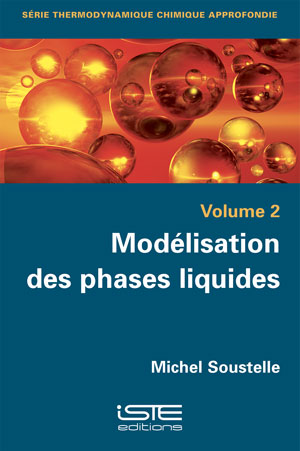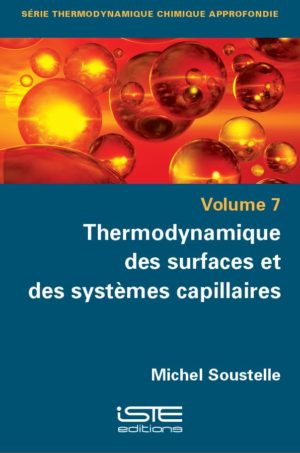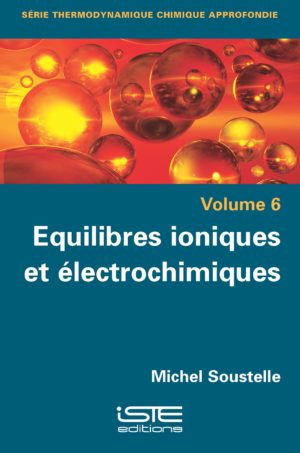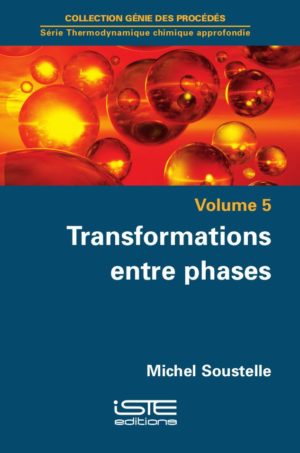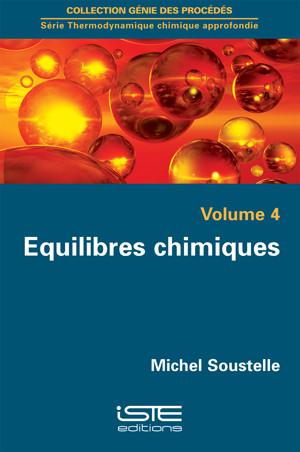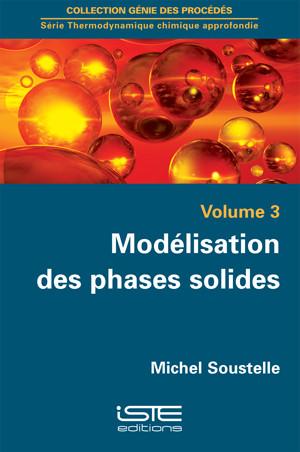
This volume is part of a set of books which offers advanced students successive characterization tool phases, the study of all types of phase (liquid, gas and solid, pure or multi-component), process engineering, chemical and electrochemical equilibria, and the properties of surfaces and phases of small sizes. Macroscopic and microscopic models are in turn covered […]
This volume is part of a set of books which offers advanced students successive characterization tool phases, the study of all types of phase (liquid, gas and solid, pure or multi-component), process engineering, chemical and electrochemical equilibria, and the properties of surfaces and phases of small sizes. Macroscopic and microscopic models are in turn covered with a constant correlation between the two scales. Particular attention was given to the rigor of mathematical developments.
This second volume in the set is devoted to the study of liquid phases.
Chapter 1 describes the modeling of pure liquids, either using the radial distribution function or partition functions.
The second chapter describes the tools used for macroscopic modeling of solutions whilst Chapter 3 presents a number of solution models with microscopic definition
The fourth chapter deals with the modeling of ionic solutions combining the term due to the electrical effects.
Chapter 5 presents the various experimental methods for determining the activity or the activity coefficient of a given component in a solution
Finally, three appendices are provided, which recap a few subjects which were discussed in detail in the first volume of this Set, including: statistical methods of numerical simulation, and some reminders about the properties of solutions and statistical thermodynamics.
1. Pure Liquids.
2. Macroscopic Modeling of Liquid Molecular Solutions.
3. Microscopic Modeling of Liquid Molecular Solutions.
4. Ionic Solutions.
5. Determination of the Activity of a Component of a Solution.

